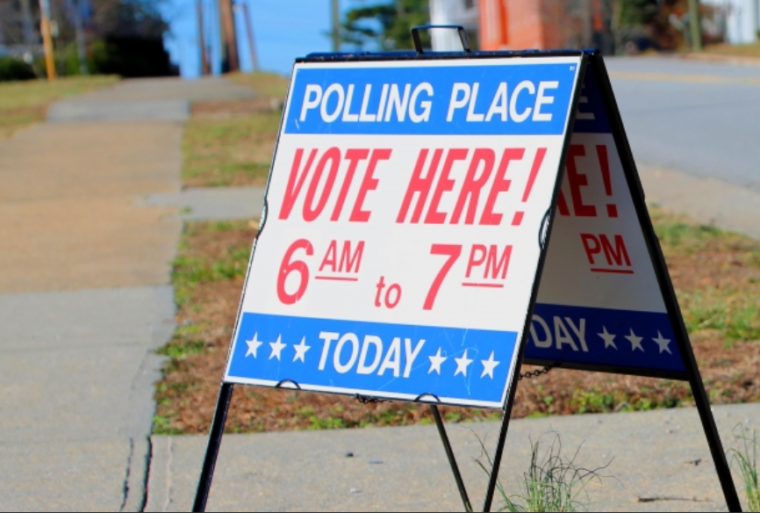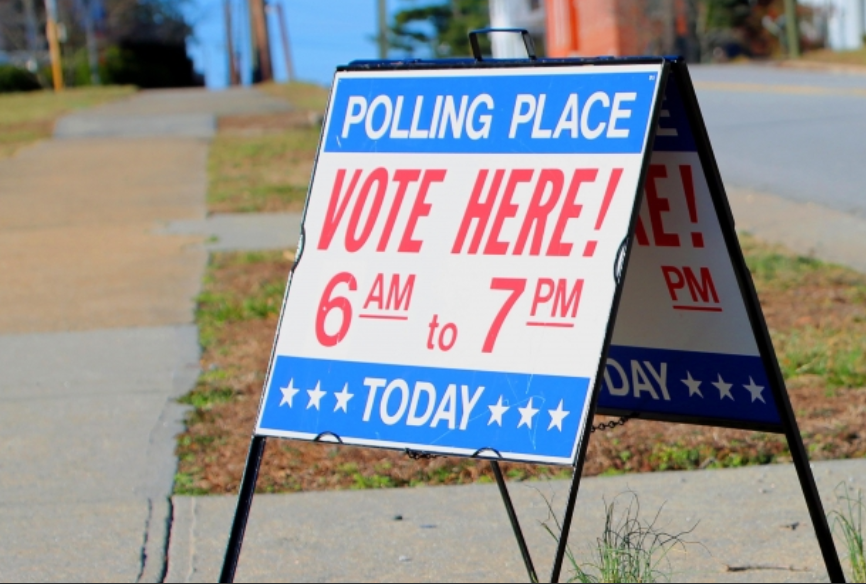
Political candidates weren’t the only ones vying for the attention of voters this week. More than 508 bond issues totaling approximately $48.8 billion were decided in elections throughout the country.
The bond issues that passed will result in millions of dollars being spent on projects such as new school construction, water and wastewater upgrades, affordable housing, transportation infrastructure, flood protection and public safety.
New affordable housing appears to be needed throughout the country as many municipal leaders requested funding. Public school projects are also common throughout the U.S. Campus projects will soon be launched in dozens of school districts such as the Santa Clara Unified School District in California, the Spokane Public Schools in Washington and the Eugene School District in Oregon.
Voters in the San Diego Unified School District passed a $3.5 billion bond issue, the largest of all local bond issues on Tuesday ballots. The funding will be allocated to numerous diverse projects. Some campuses will undergo improvements and security upgrades and other funds will be allocated to facility repairs and health and safety issues such as the removal of lead in drinking water and asbestos remediation. School security projects will also include enhanced emergency communications, controlled entry points and other types of protection projects.
Public safety projects got the nod from voters in the city of Philadelphia, where a $181 million bond issue was approved. The bond appropriates $97.7 million for municipal buildings and includes investments and upgrades to city police and fire stations, $36.9 million for streets and sanitation and $26.6 million for parks, recreation and museums. Transit issues will benefit from $5.2 million of the bond funds with $14.6 million to be used for economic and community development projects.
Like many other large cities across the U.S., the city of Austin, Texas, faces a dearth of affordable housing options for citizens. Voters refused to pass a $78 million affordable housing bond issue six years ago, but Austin voters on Tuesday approved a record-breaking $250 million for affordable housing. That funding was just part of an overall $925 million bond package that Austin voters endorsed.
 Libraries, museums and cultural centers will share in $128 million of the Austin bond funds, including the $25 million replacement of the Dougherty Arts Center. Funding of $184 million for flood mitigation and water quality projects was included as well as $112 million for drainage and storm water projects. The bond package allocates $160 million for transportation funding, $38 million for public safety and $149 million for projects related to parks and recreation. Health and human services projects in Austin will benefit from funding of $16 million.
Libraries, museums and cultural centers will share in $128 million of the Austin bond funds, including the $25 million replacement of the Dougherty Arts Center. Funding of $184 million for flood mitigation and water quality projects was included as well as $112 million for drainage and storm water projects. The bond package allocates $160 million for transportation funding, $38 million for public safety and $149 million for projects related to parks and recreation. Health and human services projects in Austin will benefit from funding of $16 million.
A $439 million bond issue that includes numerous public safety, parks, recreation and street and sidewalk improvements was passed in the city of Miami Beach. Public safety projects will be allocated $72 million and the city plans to replace two fire stations, add security cameras in business districts, improve police headquarters and enhance radio systems and lighting. Bond proceeds of $169 million will lead to improvements to various city parks and youth centers. Another $198 million in infrastructure money is set aside for storm water and flood mitigation projects and improvements to bike and pedestrian paths and streets and sidewalks.
Pasco County, Florida, voters approved a $185 million bond package that includes $128 million for expansion of the county jail. Another $57 million is available for the construction of four new fire stations and upgrades to five current stations.
Facilities will be improved at more than 100 city parks in Tucson, Arizona, after voters there approved a $225 million bond referendum. City leaders plan to spend $133 million for park projects and $67 million on connectivity projects. Another $25 million is earmarked for greenway projects.
Although not all bond proposals passed, the majority did win voter approval. However, in locations where bond funding was not approved, critical needs still exist. Many public officials will be faced with a decision to ignore the needs or find alternative funding for important projects such as building and/or refurbishing public schools, upgrading water and wastewater plants and repairing or replacing roads and bridges. These government executives are likely to turn to public-private partnerships.
The Strategic Partnerships Research Team has analyzed bond results from every state in the U.S. and the team has detailed all planned projects that were funded.
For complete information and a comprehensive report on the upcoming opportunities, contact Kirk Yoshida, Director of Research Services at SPI. kyoshida@spartnerships.com.
